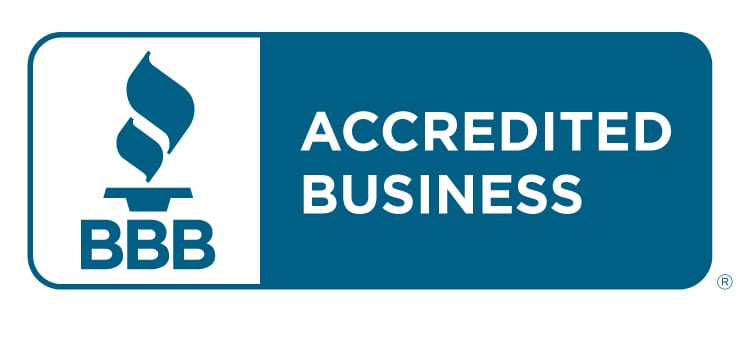
SEO News: New Google Algorithm
We know that search engine optimization (SEO) is the practice of optimizing websites and content to rank higher in search engine results pages (SERPs). For years, businesses and organizations have been focusing on SEO to drive more traffic and increase visibility online. However, with the constant evolution of search algorithms, it’s essential to stay up-to-date with the latest developments.
Recently, Google announced earlier this year a significant algorithm update called the Google Page Experience Update, which has now been fully implemented. This update aims to prioritize user experience as a ranking factor. It means that websites that offer excellent user experience will have a better chance of ranking higher in search results.
So, what does this mean for you? In short, it means that website owners need to focus on optimizing their websites for user experience more than ever before. Here are some essential tips to keep in mind for SEO in the age of the new Google algorithm.
Prioritize Core Web Vitals
Core Web Vitals is a set of metrics that Google uses to measure the overall user experience on a website. These include page loading speed, interactivity, and visual stability. Website owners should aim to improve these metrics to ensure a better user experience and a higher chance of ranking higher in search results.
Optimize for Mobile
With the increasing use of mobile devices, optimizing for mobile is more important than ever before. Google’s new algorithm puts a significant emphasis on the mobile experience, so website owners need to ensure that their sites are mobile-friendly and offer an excellent user experience on all devices.
Focus on High-Quality Content
While user experience is a critical factor in the new algorithm, high-quality content is still king. Website owners should aim to create content that is relevant, valuable, and informative to their target audience. By providing high-quality content, websites are more likely to rank higher in search results and attract more traffic.
Improve Site Speed
Site speed is a critical factor in user experience and is also a ranking factor in the new algorithm. Website owners should aim to optimize their site speed to ensure fast loading times and a smooth browsing experience for users.
Use Structured Data
Structured data helps search engines better understand the content on a website. By using structured data, website owners can help their content appear more prominently in search results and provide more context for users.
In conclusion, SEO is continually evolving, and company owners and marketers need to keep up with the latest developments to stay ahead of the competition. The new Google Page Experience Update emphasizes the importance of user experience, so website owners need to prioritize this aspect of SEO in their strategies.
By focusing on core web vitals, mobile optimization, high-quality content, site speed, and structured data, website owners can improve their chances of ranking higher in search results and attracting more traffic to their sites.












